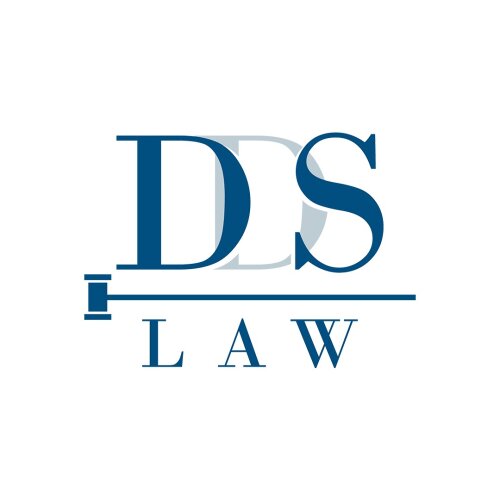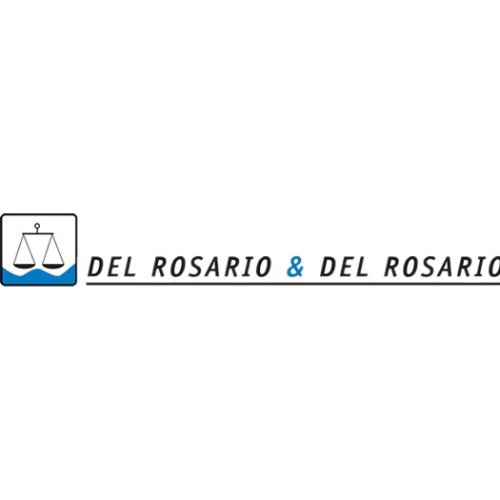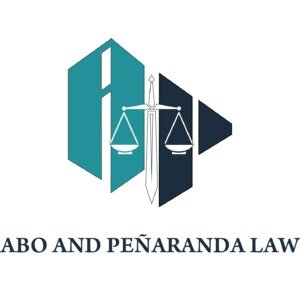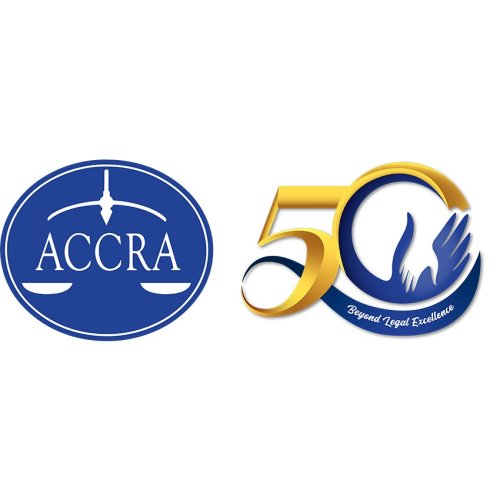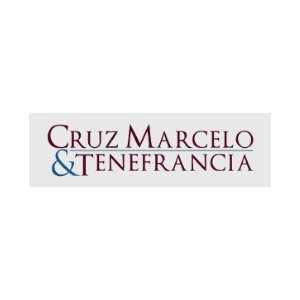Best New Business Formation Lawyers in Taguig
Share your needs with us, get contacted by law firms.
Free. Takes 2 min.
List of the best lawyers in Taguig, Philippines
About New Business Formation Law in Taguig, Philippines
Starting a new business in Taguig, a thriving city in the Philippines, is governed by a set of laws and regulations. These include the Revised Corporation Code, the Foreign Investments Act, and local ordinances, among others. Compliance with these laws and regulations is mandatory when setting up a new business. The process can be complex and time-consuming, especially for those unfamiliar with Philippine laws.
Why You May Need a Lawyer
Given the complexities involved in new business formation, seeking legal advice can be beneficial. A lawyer can assist in preparing and reviewing necessary documents such as Articles of Incorporation, By-laws, SEC requirements, and locality-specific licenses. They can provide sound advice on ownership structures and compliance with local and national laws. Lawyers can also assist in resolving any potential legal hurdles and preventing future legal issues that could arise.
Local Laws Overview
In Taguig, like in any other city in the Philippines, local businesses are required to comply with local government requirements, including business permits and clearances. The local government of Taguig requires businesses to secure a Mayor’s Permit or Business License. This involves a series of steps such as securing a Barangay Clearance, undergoing sanitary and fire safety inspection, and paying local taxes.
Frequently Asked Questions
What are the basic requirements for starting a business in Taguig?
You will need to prepare the following: Articles of Incorporation/Partnership, By-Laws, proof of initial capital deposit, and locality-specific licenses and permits such as the Mayor's Permit in Taguig.
What type of businesses can be established in the Taguig?
Business structures allowed in the Philippines generally include sole proprietorship, partnership, corporation, and cooperatives. Foreign entities may also set up regional operating headquarters, branch offices, or representative offices, subject to certain requirements and limitations.
Can foreigners own a business in the Philippines?
The Foreign Investments Act allows non-Filipinos to invest in the country. However, certain areas of business are reserved for Filipino citizens, while others may require a certain percentage of Filipino ownership.
Is there a minimum capital requirement for businesses in the Philippines?
Minimum capital requirements depend on the type of business and the ownership. For domestic corporations, a minimum paid-up capital of Php 5,000 is required. For businesses involving foreign equity, the minimum capital can range from USD 200,000 to USD 100,000 depending on certain conditions.
What are the penalties for non-compliance with local laws?
Penalties for non-compliance can range from fines to imprisonment, closure of business, or a combination thereof. Specific penalties depend on the nature and gravity of the offense.
Additional Resources
The Securities and Exchange Commission (SEC), Department of Trade and Industry (DTI), and the Bureau of Internal Revenue (BIR) are important governmental bodies that provide assistance in new business formation. The local government of Taguig also has a business permit and licensing office to assist in securing local permits. Various online resources also exist which can provide templates and guides for document preparation and submission.
Next Steps
If you are planning to start a business in Taguig, it is advisable to consult with a local attorney specializing in commercial law. This can help ensure all necessary steps are carefully followed and legal requirements are met. Always keep in mind that early legal advice can prevent difficulties and potential penalties down the line.
Lawzana helps you find the best lawyers and law firms in Taguig through a curated and pre-screened list of qualified legal professionals. Our platform offers rankings and detailed profiles of attorneys and law firms, allowing you to compare based on practice areas, including New Business Formation, experience, and client feedback.
Each profile includes a description of the firm's areas of practice, client reviews, team members and partners, year of establishment, spoken languages, office locations, contact information, social media presence, and any published articles or resources. Most firms on our platform speak English and are experienced in both local and international legal matters.
Get a quote from top-rated law firms in Taguig, Philippines — quickly, securely, and without unnecessary hassle.
Disclaimer:
The information provided on this page is for general informational purposes only and does not constitute legal advice. While we strive to ensure the accuracy and relevance of the content, legal information may change over time, and interpretations of the law can vary. You should always consult with a qualified legal professional for advice specific to your situation.
We disclaim all liability for actions taken or not taken based on the content of this page. If you believe any information is incorrect or outdated, please contact us, and we will review and update it where appropriate.




